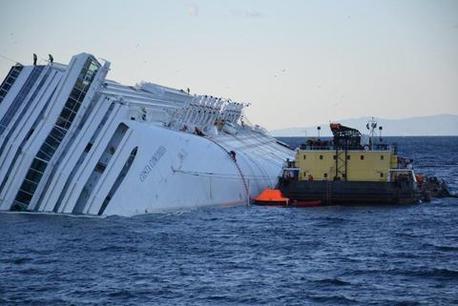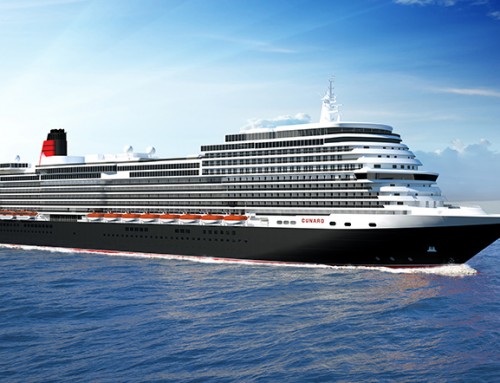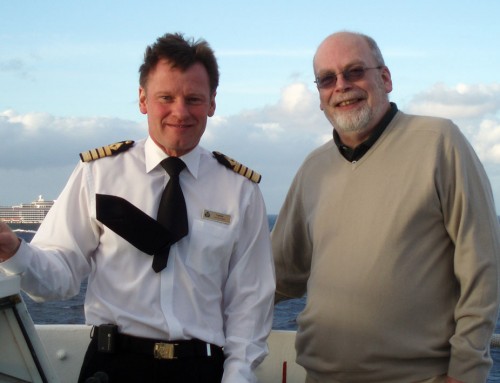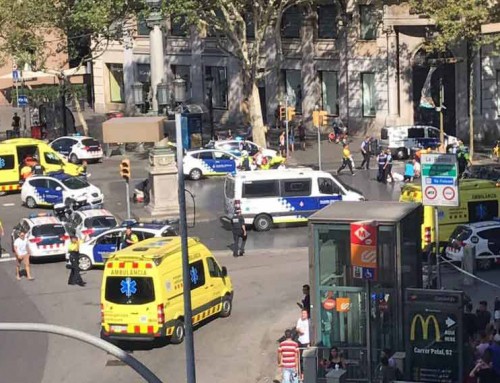
 Human error – mostly on the part of the captain – was to blame for the Costa Concordia tragedy, according to the official report from the Italian Maritime authorities released this week.
Human error – mostly on the part of the captain – was to blame for the Costa Concordia tragedy, according to the official report from the Italian Maritime authorities released this week.
A footnote to the 176-page report says it “is not written for the purposes of litigation and will not be eligible for use in any judicial proceedings.”
Nevertheless, it will make uncomfortable reading for Captain Francesco Schettino, who will stand trial in July on charges of manslaughter and abandoning his ship. He is blamed not only for causing the accident, but also for his mismanagement of the emergency and evacuation of the ship.
The report concludes that he sailed too close to shore, too fast, and was distracted by people who should not have been on the bridge. He is blamed for delays in sounding the general alarm on board the vessel, and for deceiving the coastguard and other authorities ashore about the seriousness of the incident.
A total of 27 passengers and 5 crewmembers died and 157 people were injured during the incident on January 13, 2012, when Concordia hit rocks off the coast of Giglio, tearing a 60-metre gash in its hull.
The report dismisses Schettino’s claim that his action in steering the ship close into shore before it capsized was responsible for saving thousands of lives, concluding that no vessel could have survived the extensive damage caused by breaching five separate watertight compartments.
The grounding occurred at 21:45 as the ship was travelling too close to shore at a speed of 16 knots in an intended “salute” to a former crewmember. The detailed chronology of events contained in the report reveals that everyone on board the ship immediately realised something was seriously amiss, it took 31 minutes for the captain to contact rescue authorities ashore.
Before then, the police had been contacted by the mother of a passenger who had phoned her to say the ship was blacked out, a ceiling had collapsed and passengers were putting on their lifejackets.
With the rudder out of action and his ship beginning to list alarmingly, the captain maintained he had everything under control, and it was not until 22.36 that passengers were called to their muster stations, by which time some had already taken the decision to board the lifeboats.
It was not until 22.54 that the order to abandon ship was given., and at 23.19 Schettino ordered everyone to leave the bridge. – with 300 passengers and crew still on board the Concordia.
The report documents how the coastguard contacted Schettino by mobile phone, to be told he had slipped into a lifeboat. Despite being ordered to return to his vessel to co-ordinate the rescue, he found his way to land, where he remained.
The ship’s hotel director is accused of allowing the captain to make false announcements over the public address, fatally delaying passengers and crew from reaching their muster stations.
The cruise director is blamed for sending passengers away from the lifeboats, directing them to the ship’s lounges, while other crew told some to return to their cabins – which were in black-out.
Members of the bridge team are said to have been passive and failed to question the captain’s orders or warn of the danger of his actions.
There was “chaos and confusion, lack of communication … a complete disorganisation, mainly because nobody on the bridge coordinated the emergency according to the muster list and the related procedure for abandon ship,” adds the report.
“On the whole, human factors characterized this casualty,” the report concludes, adding that there is no evidence that stress or tiredness were contributory factors.
“The performance of the Master was affected by errors, lapses and omissions of procedures.”
While asserting that the tragedy was a unique event, the report makes a number of recommendations for improved education and training of crew, particularly for management of the bridge.
The moves come too late to save the 32 who died, but just in time for consideration at Schettino’s trial.






Leave A Comment